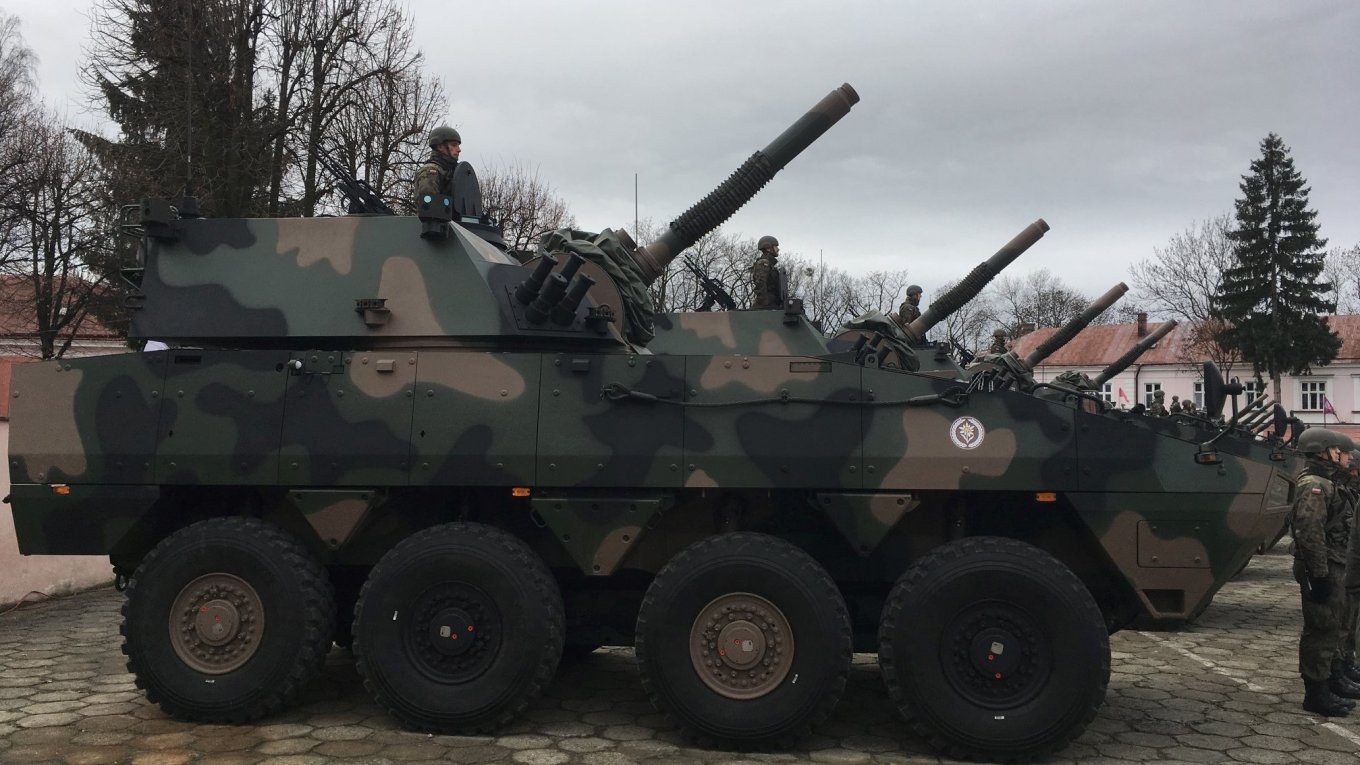Poland will supply three companies of Rak mortar launchers to the Ukrainian Armed Forces
And this is exactly the kind of weapon that is very much needed at the front.
Such self-propelled mortars will help in repelling “infantry assaults” and in counteroffensives, and this is not all the important details of this story
During his visit to Warsaw on April 5, 2023, President of Ukraine Volodymyr Zelenskyy announced that our country and Poland had agreed on a new military assistance package, which includes the supply of MiG-29 fighters, Piorun MANPADS, Rosomak armored personnel carriers, Rak self-propelled mortars, and other weapons.
Later, Polish Prime Minister Mateusz Morawiecki added that the deal was to supply three company sets of Rak mortar launchers to the Ukrainian Armed Forces. However, the terms and conditions of the transfer were not disclosed.
The news about the Rak self-propelled mortars is important not only because it is the first time such weapons have been transferred to the Ukrainian Armed Forces from the Poles. But also because such weapons are exactly what is needed at the front to repel the “infantry assaults” of the rashists, or to support mechanized units during the expected counteroffensive of the Ukrainian Defense Forces.
The Rak mortar system is based on the Rosomak armored vehicle chassis, has a caliber of 120 mm, a range of up to 12 km, a rate of fire of 6-8 rounds per minute, and a 46-round ammunition package. It takes only 30 seconds to deploy to a position and only 15 seconds to retract.

Currently, the Polish Armed Forces have only 80 Rak self-propelled mortars and 40 fire control vehicles, organized into 10 companies. Each company has 8 mortar launchers and 4 fire control vehicles. Thus, Ukraine will receive a total of 24 Rak self-propelled mortars and 12 fire control vehicles, respectively.
During 2016-2021, the Polish defense concern PGZ produced 16 Rak units per year, or two company sets. It turns out that within the framework of one aid package, the Armed Forces will receive as many Rak mortars as it took the Polish industry at least 1.5 years to produce.


